For most of my life, I wasn’t aware that I suffered from social anxiety. It was only recently, on what was probably the easiest day of my psychiatrist’s career, that I was diagnosed with the disorder, and it has put a lot into perspective for me.
For one thing, my immense struggles to build and maintain close relationships finally became explicable. No longer do I have to think of myself as an inherently unlikable person incapable of connection, and it’s been bizarre to stop blaming myself for that. It’s pretty hard to get through each day when your brain forces you to think that everyone resents you for reasons that are just barely outside of your ability to comprehend. I think anyone would struggle in this situation.
Aside from that, another thing I blamed myself for was finally shown to me in a different light: I have never had a romantic relationship in my life. I’ve never really even come close. And while everyone has the right to take romance at their own pace, it’s hard to apply that logic to yourself when you’re in a state of perpetual fear over your relationship with the world. In the vast majority of the facets of my life, my brain convinces me that I am unlikable to the extent that I need to be condemned to silence, very much including if I’m romantically interested in someone. How’s that for a self-fulfilling prophecy?
Mental illness makes it quite hard to engage in romantic endeavors. I’m not just talking about social anxiety either, as depression certainly plays a massive role for me. In a society constructed to accommodate those whose brains function in a particular way, neurodivergence makes one feel like a fish out of water. And while there are other fish stranded with you, it’s hard to focus on anything aside from just trying to survive, let alone finding another fish.
Thus far this article may be sounding like a huge downer, but these realizations I’ve had about myself after being diagnosed with (and medicated for) social anxiety have made things better. Because, as much as social anxiety defines my lived experience, I can finally accept one simple truth: that my social anxiety is not me. It may sound like me in my head, it may trick me into believing it’s just my rationale and my conscience, but it is not me.
When I follow that logic, however, it leads me to one question. If my social anxiety isn’t me, who or what planted it in my head? And it’s only then that I remember. I remember going to private Catholic schools for 13 years, institutions that rigidly regulated every aspect of my life and strictly punished any deviation from a highly antiquated idea of “normal.”
I remember the social dynamics this environment created. I remember dealing with toxic masculinity and posturing day in and day out from people I called friends, and forcing myself to fit in out of fear of being alone — and hating myself for it. I remember this causing me to spiral into a pit of depression so deep that I couldn’t see light when I was only 13 years old. I remember developing into someone I didn’t recognize.
I’ve found myself in far better social dynamics since. Things certainly aren’t perfect, but I’ve been in a position where I can feel better about myself in many situations. I can tell stupid jokes, laugh, dance, sing and behave in ways I never could’ve imagined before. I owe my friends a lot for that. Further, while I may still have never been in a relationship, I feel more comfortable with that now and more confident that I will be ready when the time comes.
Ultimately, while there are many societal norms that help the world function (I happen to think that the norm to not kill people is a pretty good one, for example), many of them are very antiquated and function primarily to promote the interests of a privileged subset of people. Trying to force your brain to adhere to these norms when it isn’t wired to is a recipe for sending yourself into a reclusive state.
As such, if romance is something that seems inaccessible to you, I can almost guarantee you it’s not because you’re unlovable, but rather that your mind is forcing you to hide how lovable you really are. Your anxiety is lying, and we shouldn’t listen to the advice of people who are repeatedly caught in lies.
Social anxiety is horrible to deal with, and it takes time and therapy and a lot of thinking to even partially overcome it, but I can assure you this: things can get better, but only if you let them. Things you never thought yourself capable of are possible, very much including finding love. But before you can consider that, you have to let yourself just be. The truth is, you will find far greater fulfillment living as yourself, personality quirks and flaws and all.

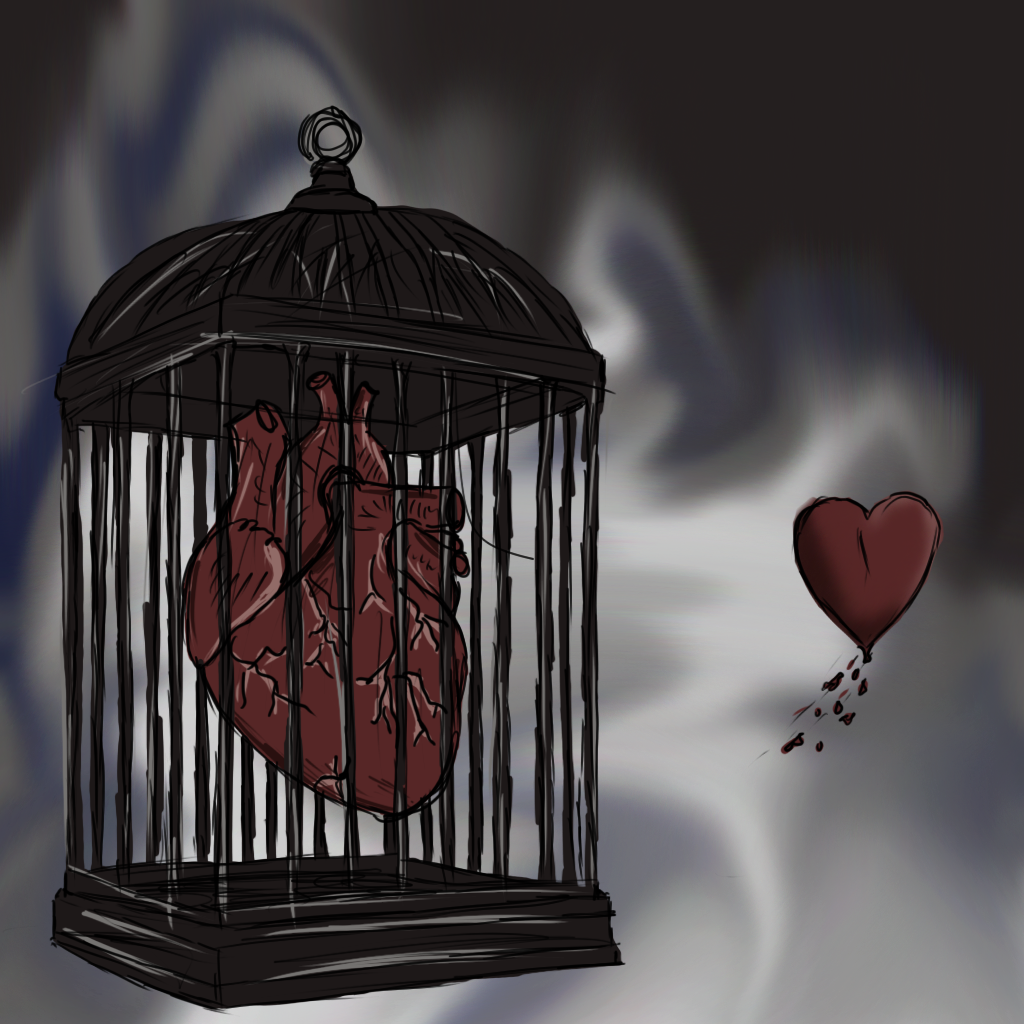
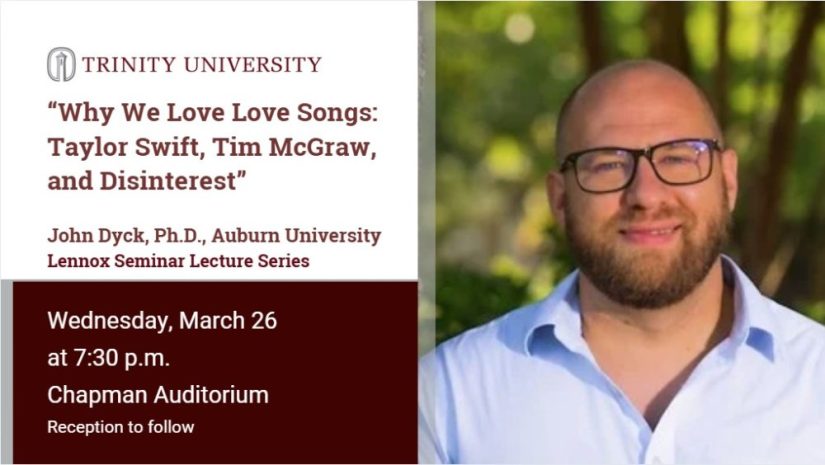
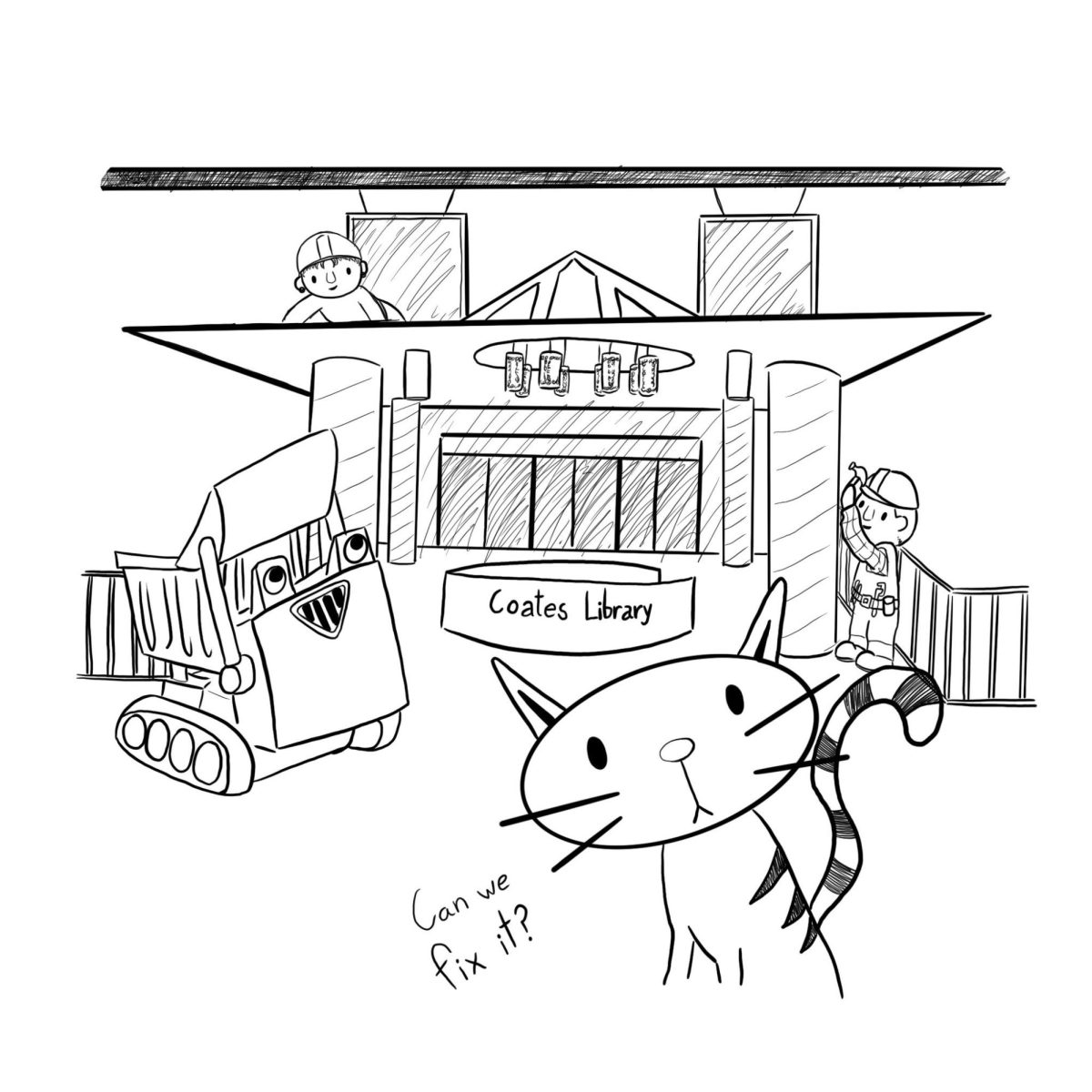
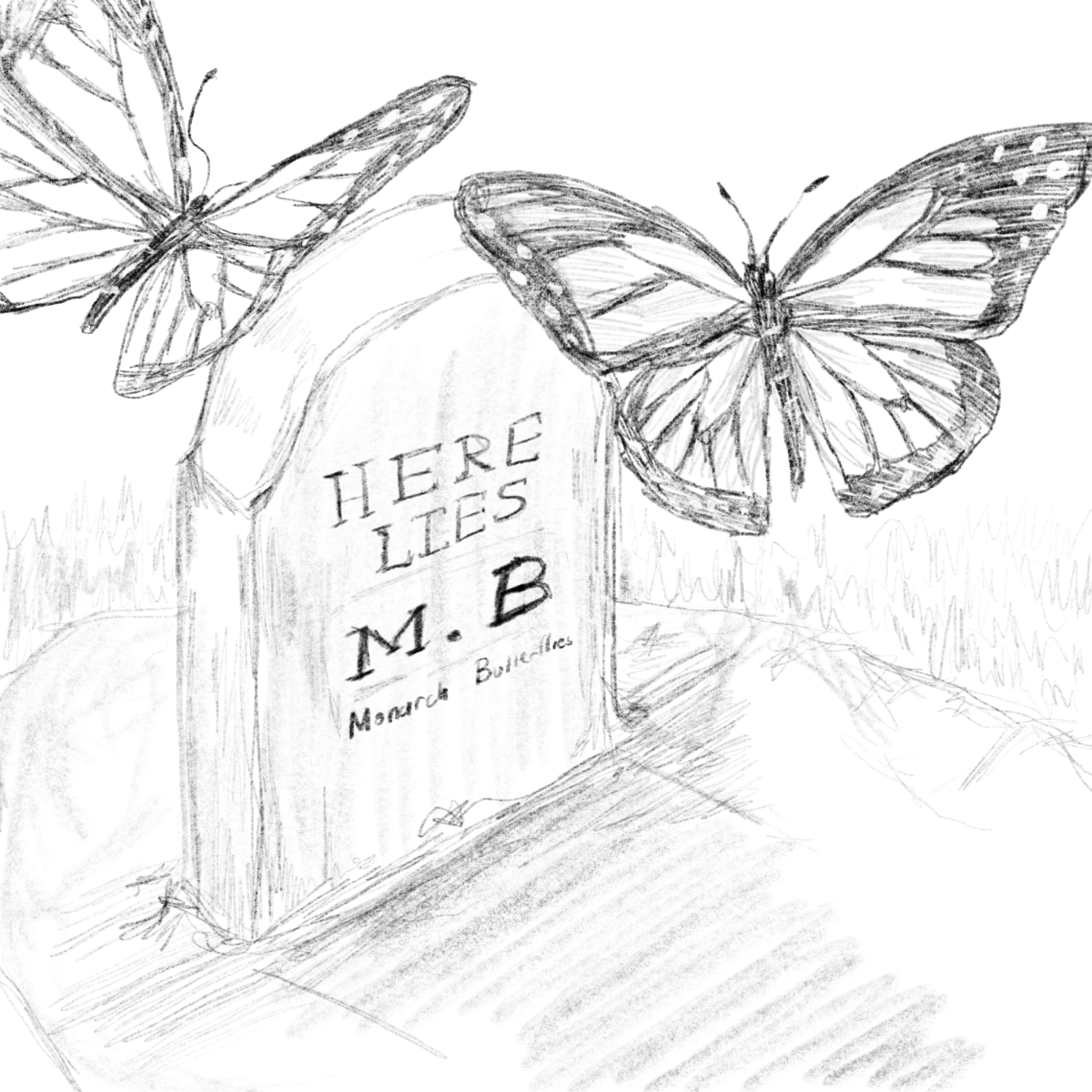
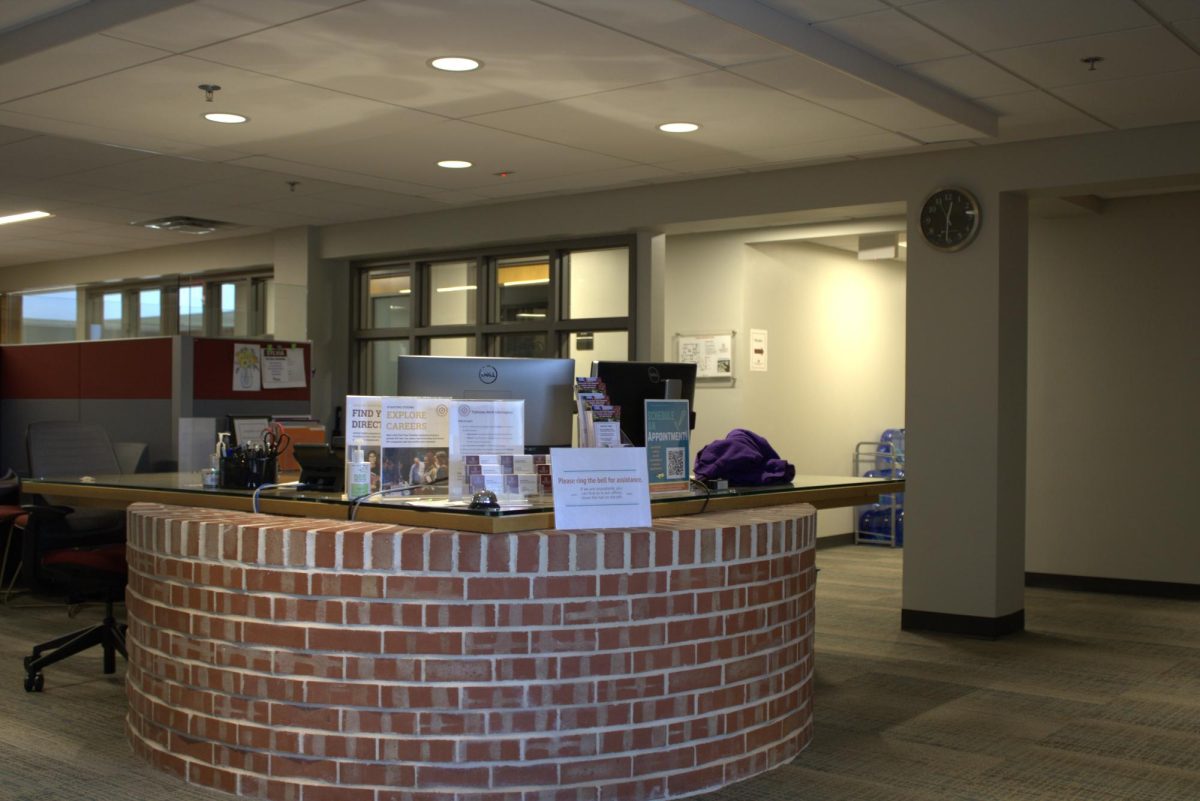
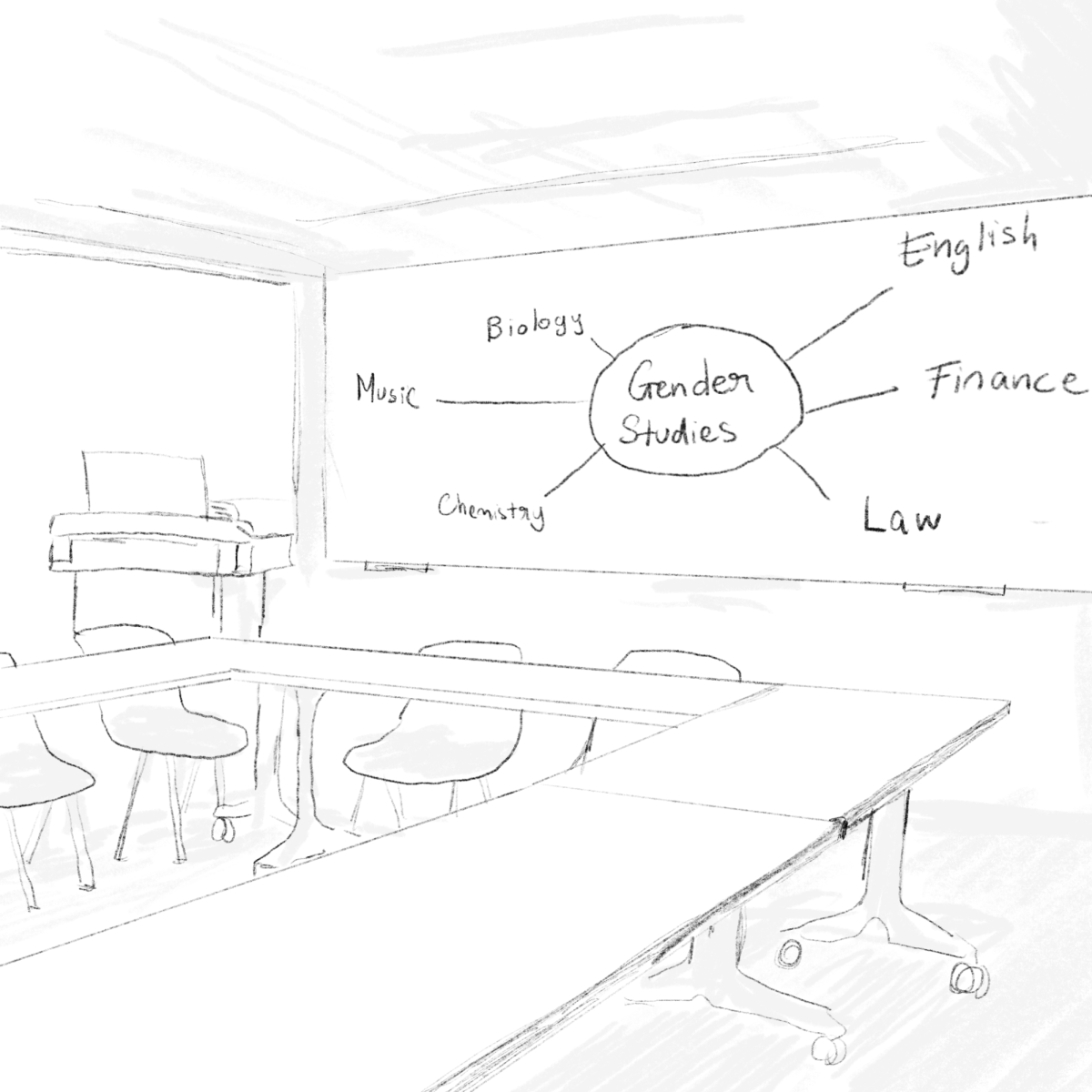

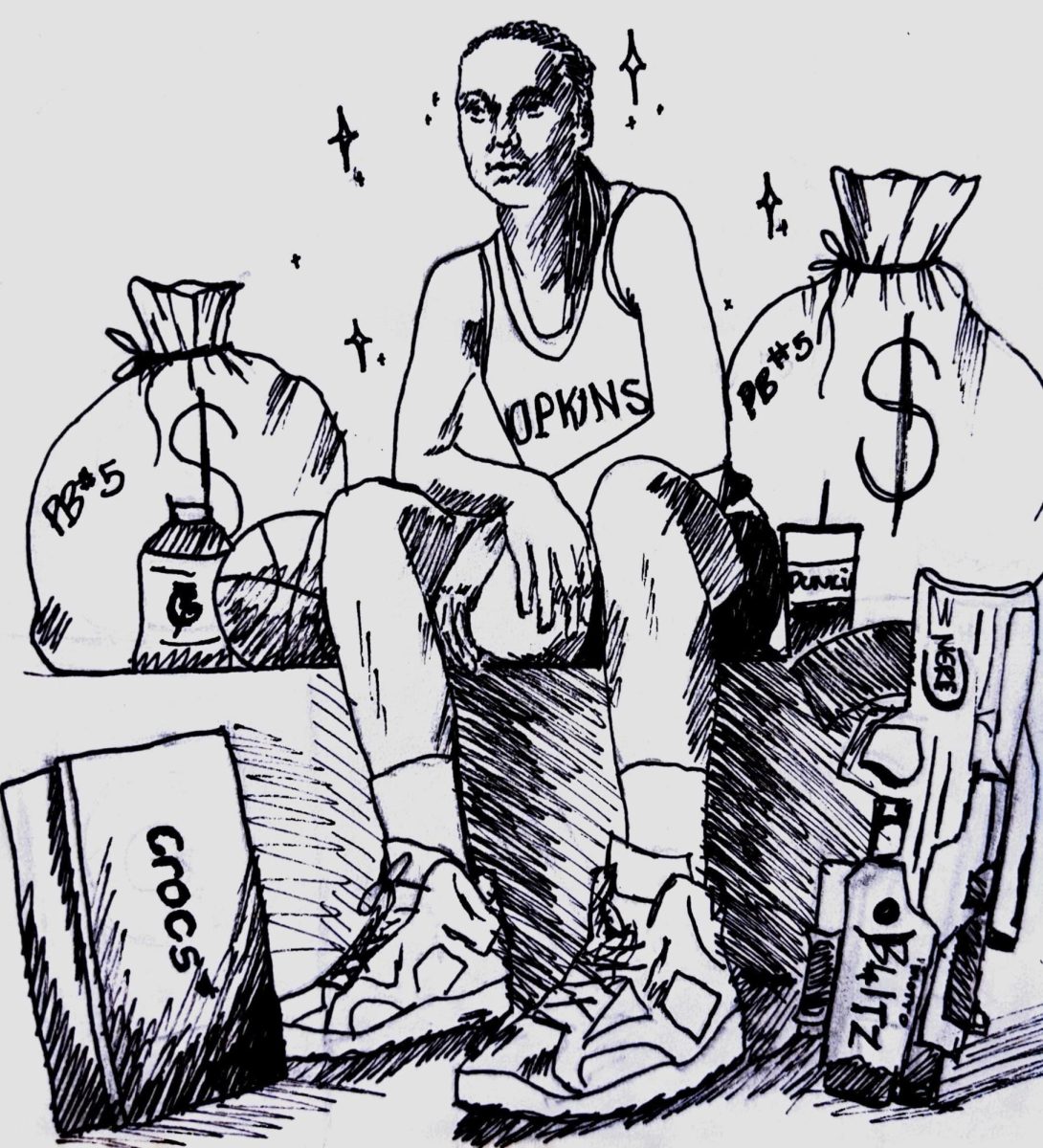

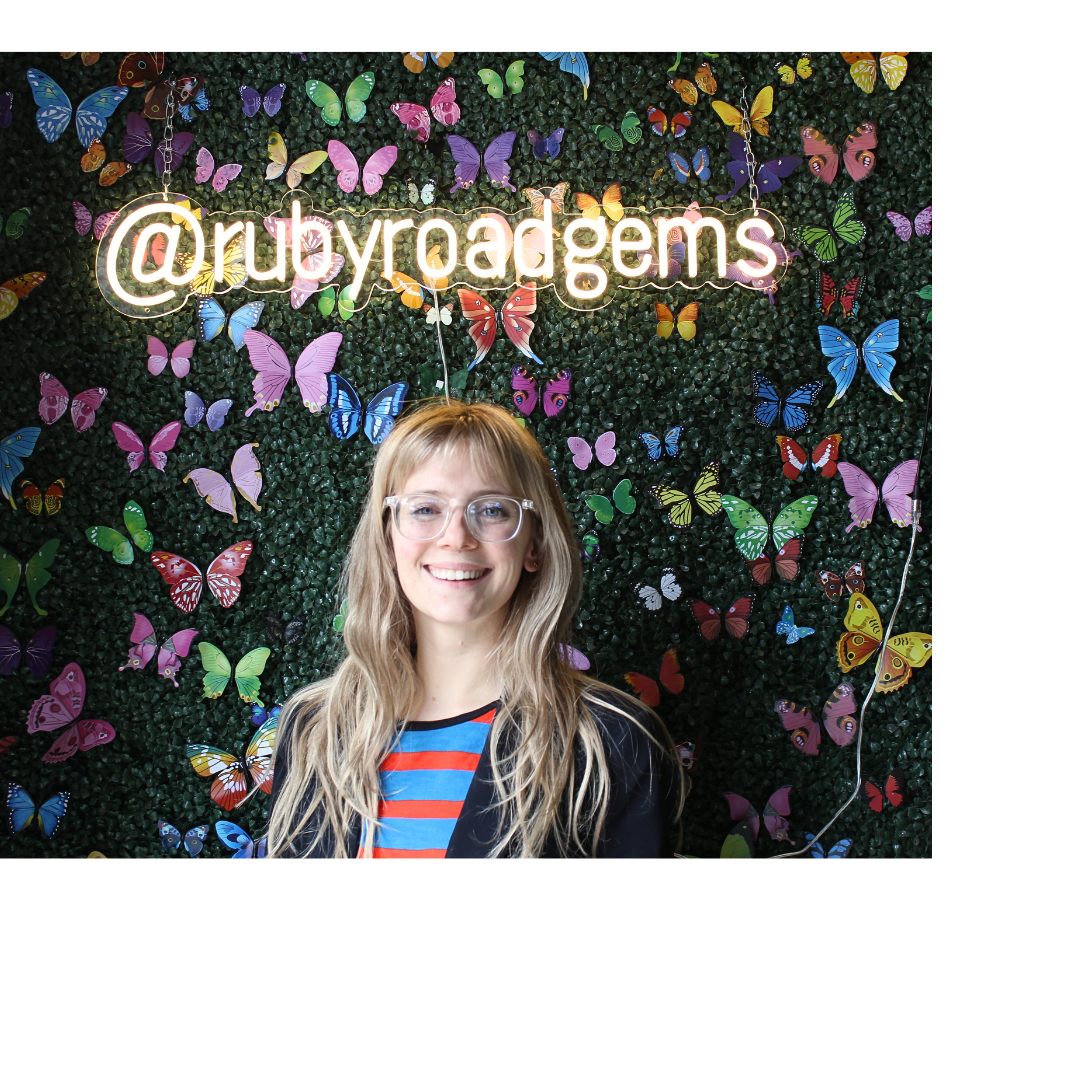
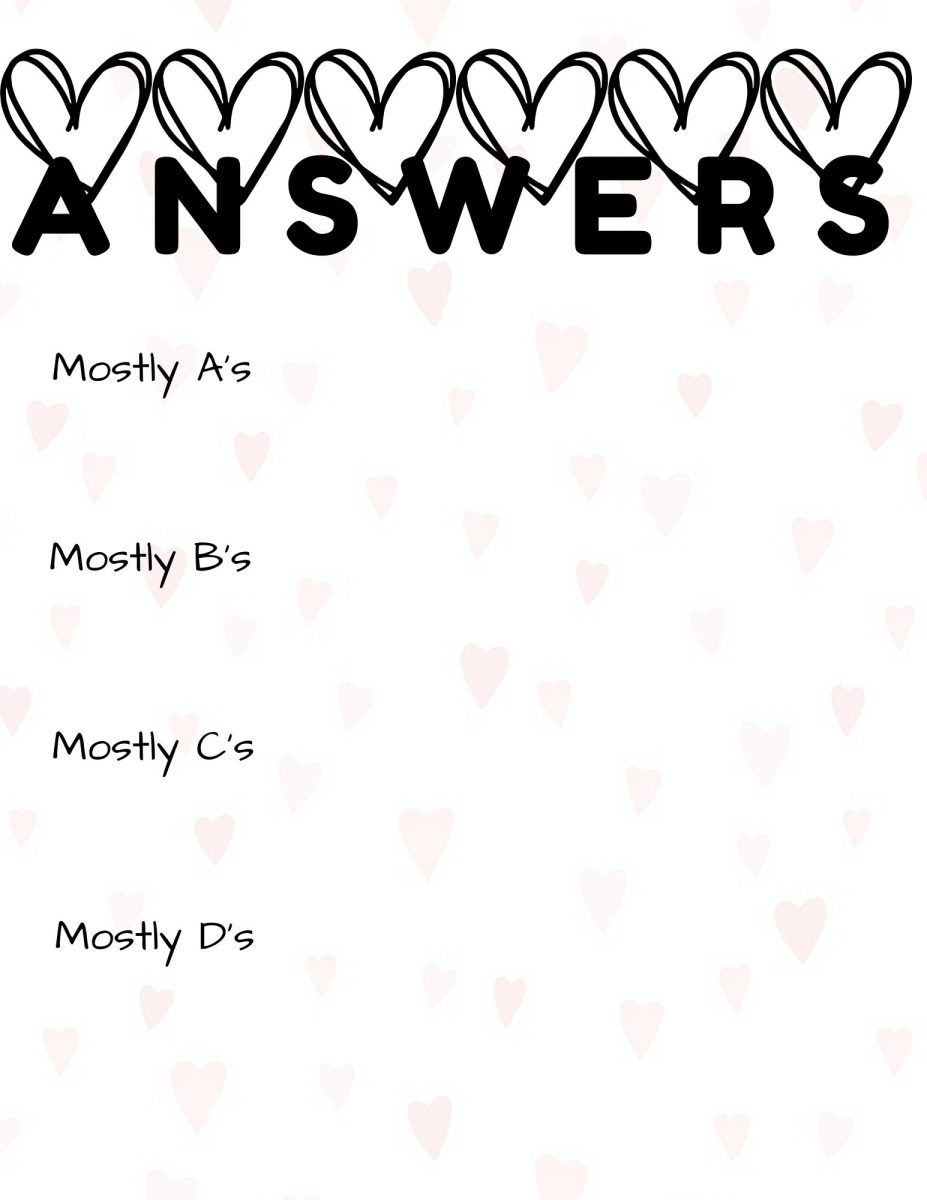
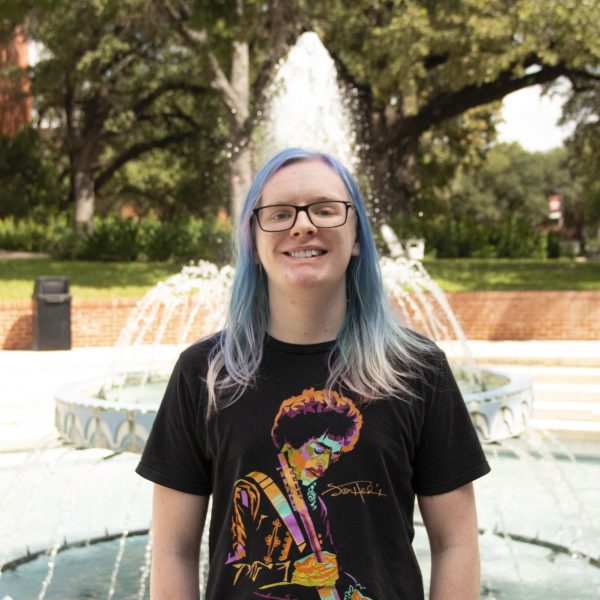

Brenda Hutchison • Feb 17, 2024 at 9:15 am
Loving ourselves is a good place to be. Being authentic is admired by most who are caged. Love this. Brenda (Hutch’s Mom).
this. Brenda (Hutch’s Mom).
Colin Houston • Feb 17, 2024 at 6:25 pm
Thank you for the kind words, and thank you for raising such a kind and beautiful man. We will miss him always.